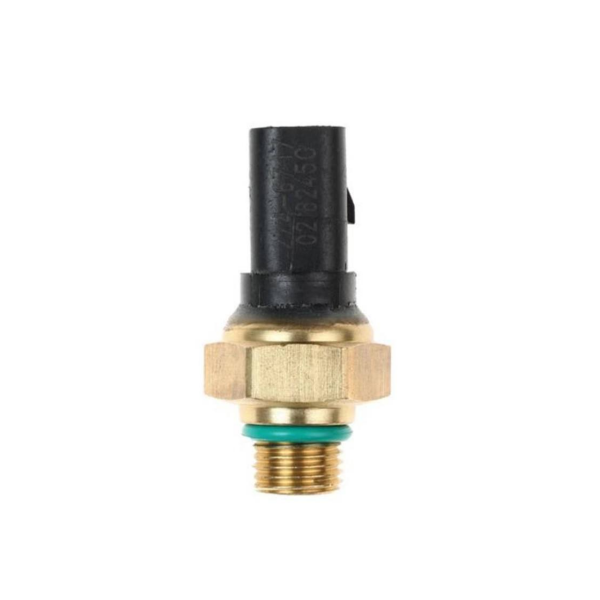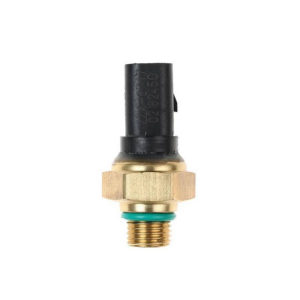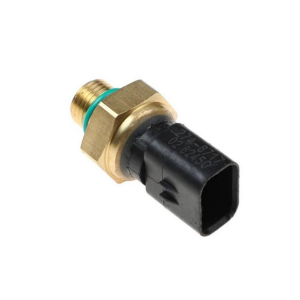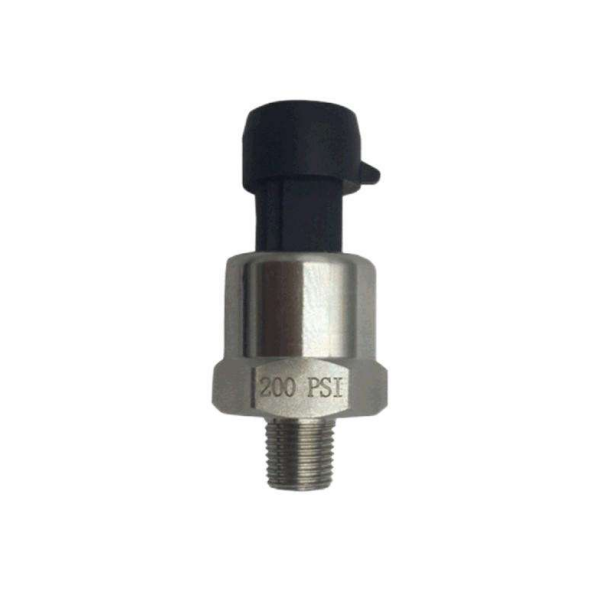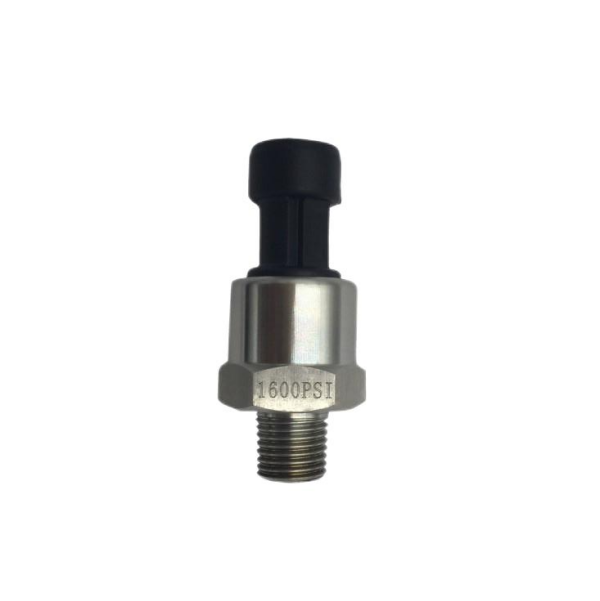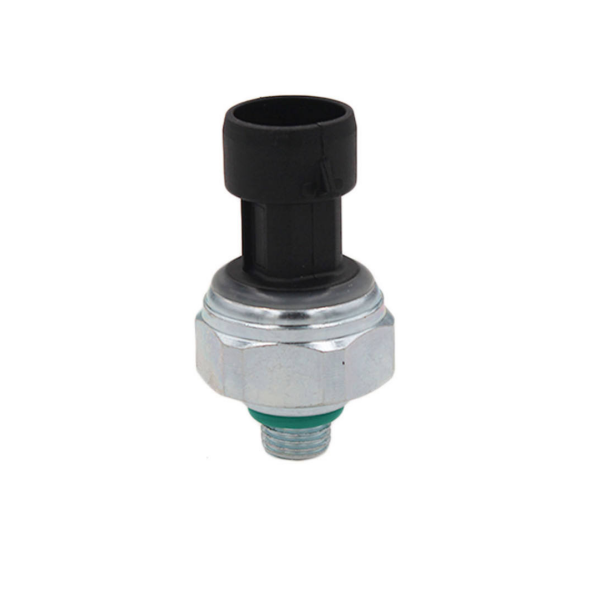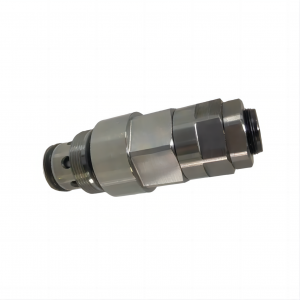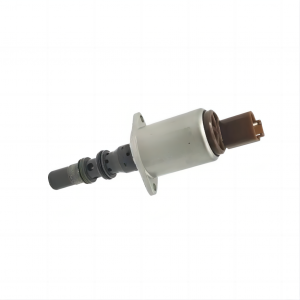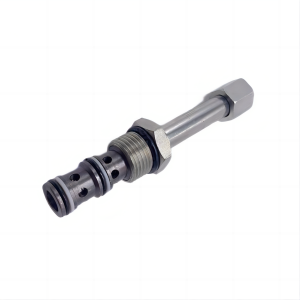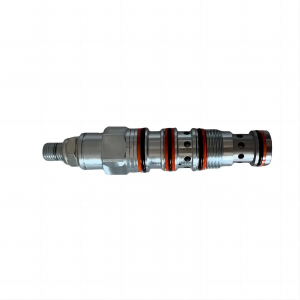E390D E345D excavator parts oil pressure sensor 2746717
Details
Marketing Type:Hot Product 2019
Place of Origin:Zhejiang, China
Brand Name:FLYING BULL
Warranty:1 Year
Type:pressure sensor
Quality:High-Quality
After-sales Service Provided:Online Support
Packing:Neutral Packing
Delivery time:5-15 Days
Product introduction
1, according to the input that is, the different points of the measured object:
If the input quantities are non-electric quantities such as temperature, pressure, displacement, speed, humidity, light and gas, the corresponding sensors are called temperature sensors, pressure sensors and weighing sensors.
This classification method clearly explains the use of sensors, and provides convenience for users. It is easy to select the required sensors according to the measured objects. The disadvantage is that this classification method classifies sensors with different principles into one category, and it is difficult to find out the commonness and difference of each sensor in the conversion mechanism. Therefore, it is unfavorable to master some basic principles and analysis methods of sensors. Because the same type of sensor, such as piezoelectric sensor, can be used to measure acceleration, velocity and amplitude in mechanical vibration, and can also be used to measure impact and force, but its working principle is the same.
This classification method divides many kinds of physical quantities into two categories: basic quantities and derived quantities. For example, force can be regarded as basic physical quantities, from which derived physical quantities such as pressure, weight, stress and torque can be derived. When we need to measure the above physical quantities, we only need to use force sensors. Therefore, understanding the relationship between basic physical quantities and derived physical quantities is very helpful for the system to use which sensors.
2, according to the principle of work (detection) classification
Detection principle refers to the physical effect, chemical effect and biological effect on which the sensor works. There are resistive, capacitive, inductive, piezoelectric, electromagnetic, magnetoresistive, photoelectric, piezoresistive, thermoelectric, nuclear radiation, semiconductor sensors and so on.
For example, according to the principle of variable resistance, there are potentiometers, strain gauges, piezoresistive sensors and so on. For example, according to the principle of electromagnetic induction, there are inductive sensors, differential pressure transmitters, eddy current sensors, electromagnetic sensors, magnetoresistive sensors and so on. According to the theory of semiconductor, there are solid-state sensors such as semiconductor force sensor, thermal sensor, photosensitive sensor, gas sensor and magnetic sensor.
The advantage of this classification method is that it is convenient for sensor professionals to make inductive analysis and research from the principle and design, and it avoids too many names of sensors, so it is often used. The disadvantage is that users will feel inconvenient when choosing sensors.
Sometimes, it is often named by combining the use and principle, such as inductive displacement sensor and piezoelectric force sensor, to avoid too many names of sensors.
Product picture
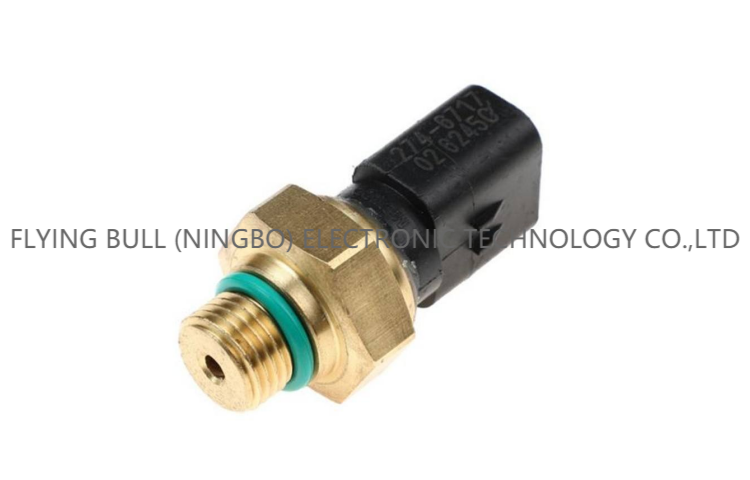
Company details

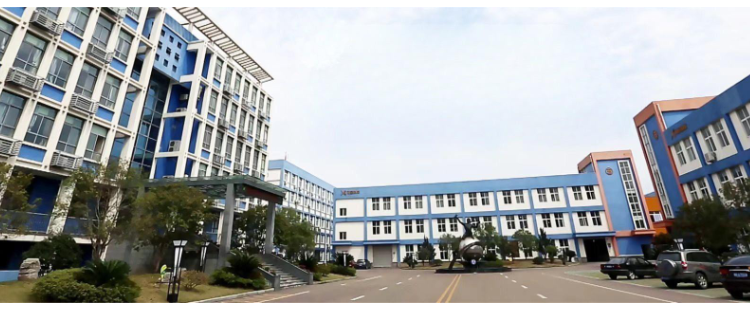

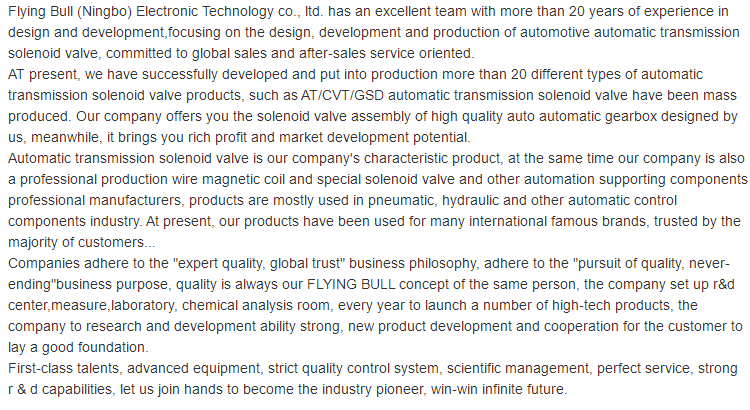
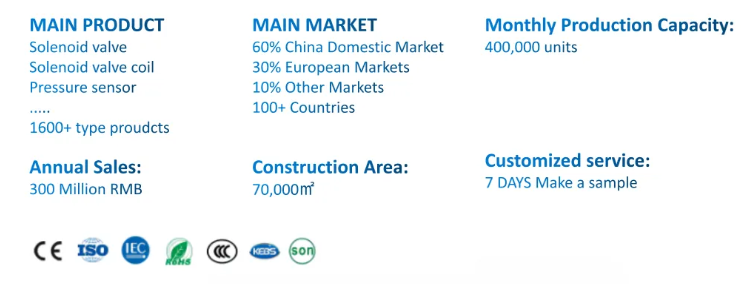
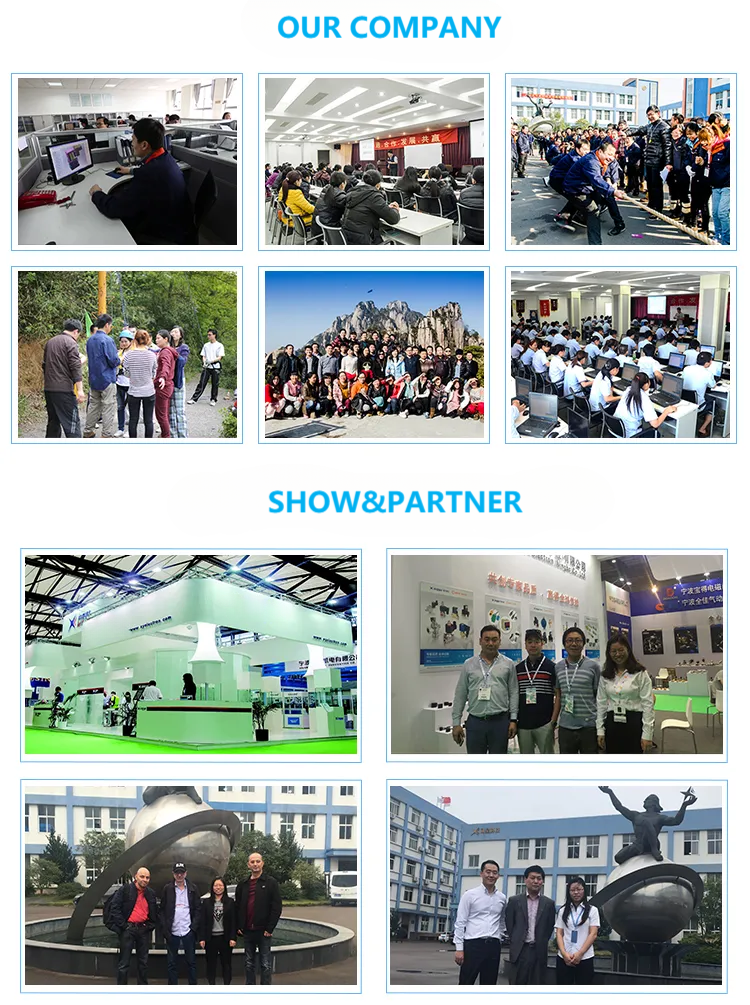
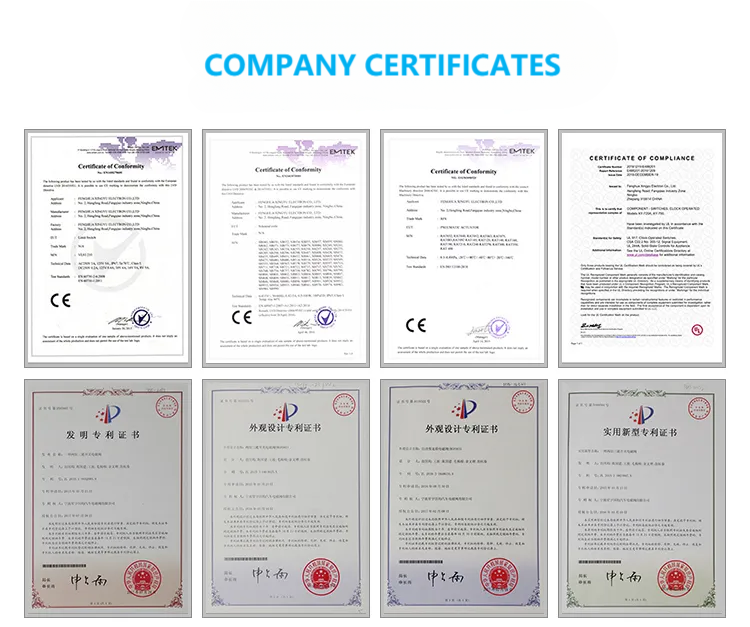
Company advantage
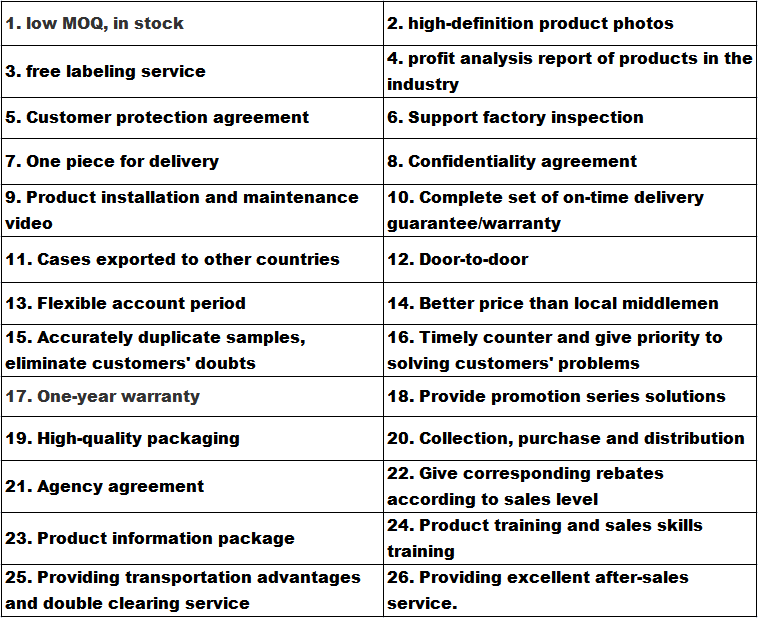
Transportation
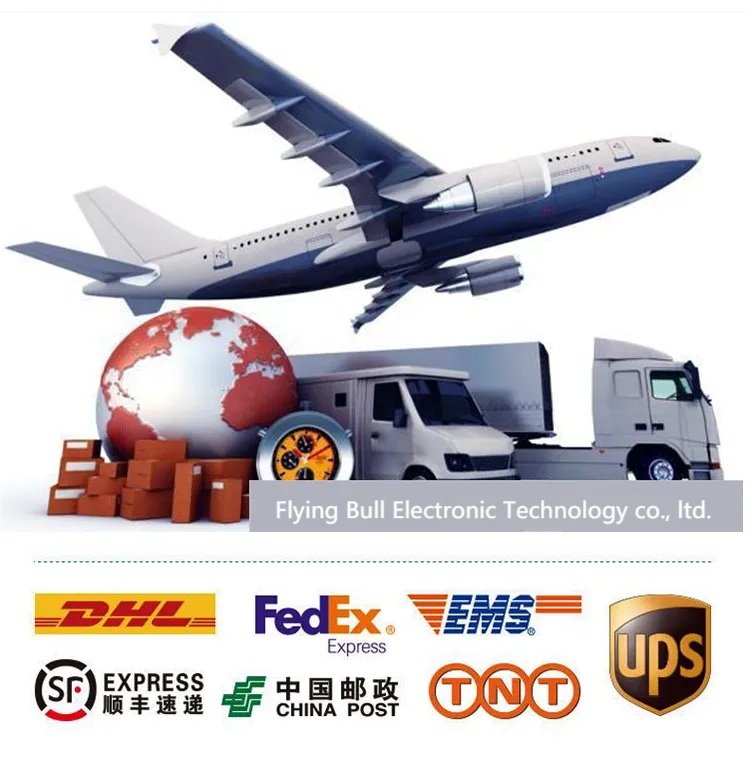
FAQ


